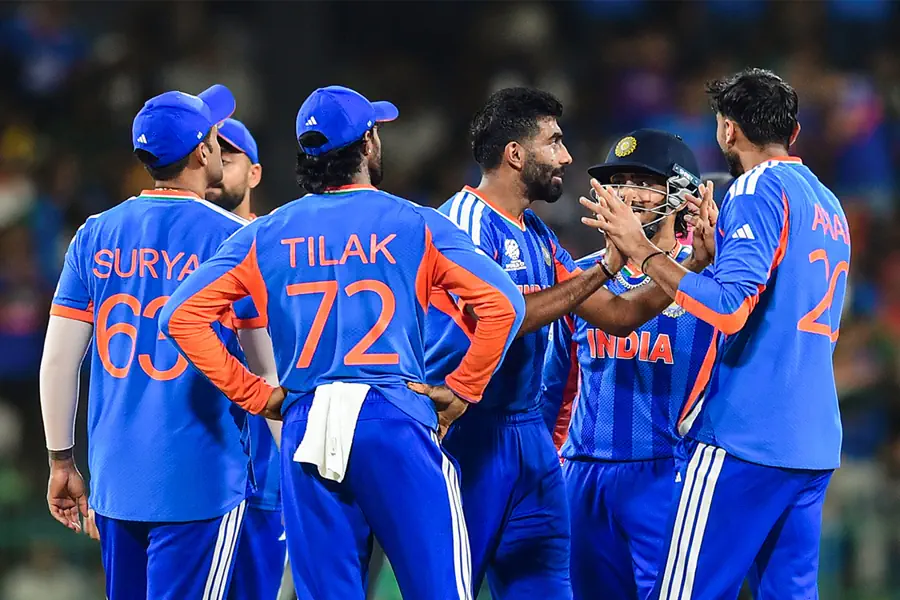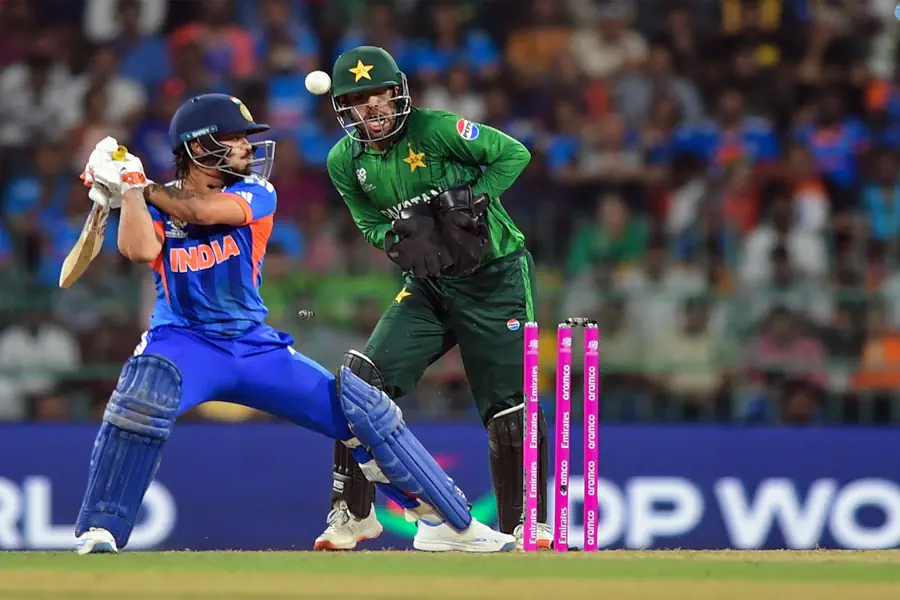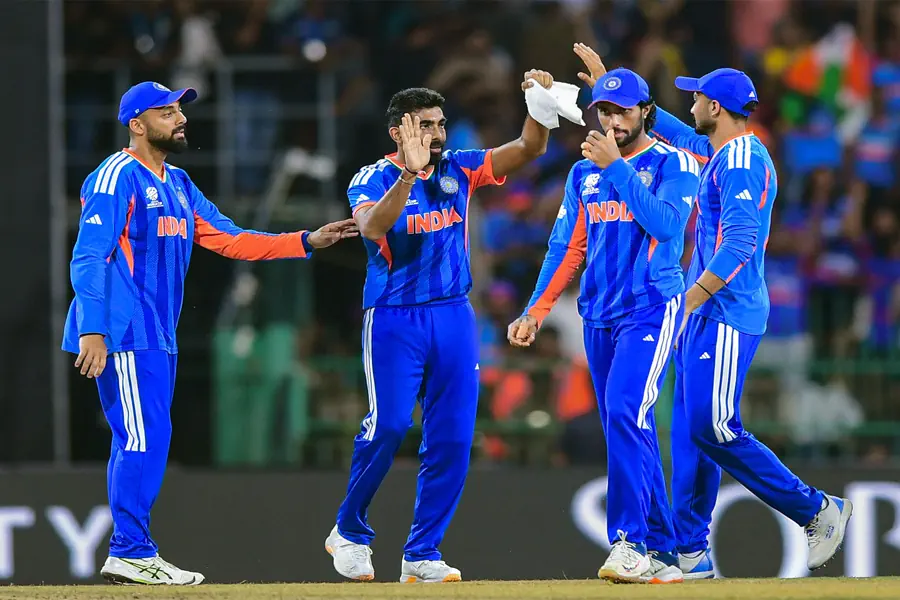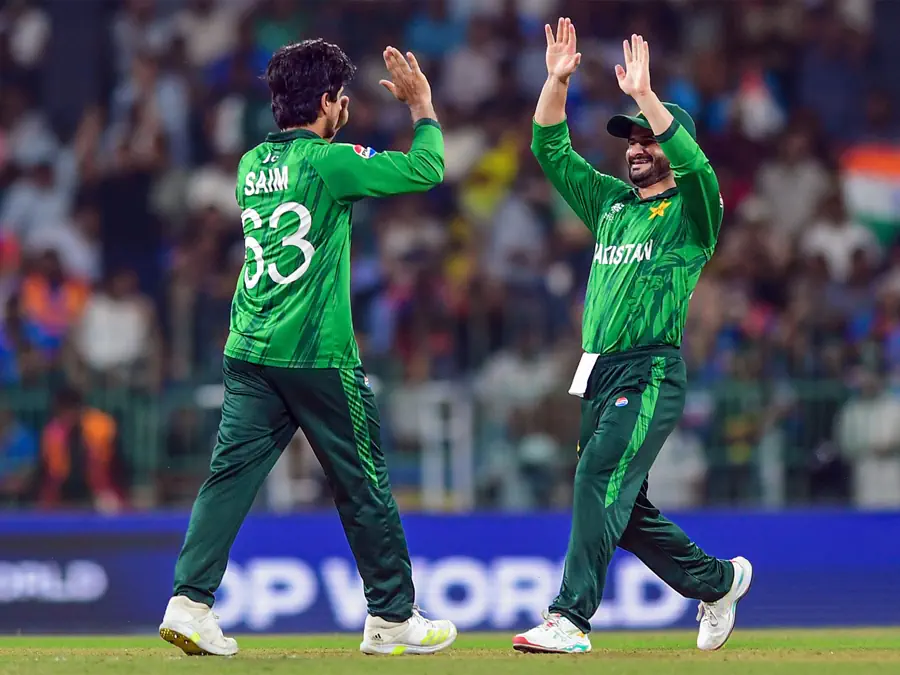Match-fixing – the very term sends a shiver down the spine of cricket fans, players, and governing bodies alike. A deviation from the cherished ideals of fair play and sportsmanship, match-fixing involves the manipulation of events within a game to produce a predetermined result. The ramifications are severe—not only does it taint the sport’s integrity, but it also leads to the disillusionment of millions of fans who hold the game close to their hearts.

Cricket is more than just a sport in many parts of the world; it’s a religion, a way of life. This makes the impact of match-fixing incredibly destructive, eating away at the very soul of a global phenomenon that unites nations and communities.
The purpose of this blog is to delve into some of the most notorious match-fixing scandals that have rocked the cricketing world. But before we journey into this labyrinth of deceit and corruption, it’s crucial to note that allegations are not proof. The individuals mentioned here faced charges, but it’s important to remember that legal processes must be honored.
The Early Signs of Match-Fixing
Before match-fixing became a headline-grabbing scandal, there were murmurs and whispers—subtle hints that something wasn’t quite right. Late in the 1990s, the world of cricket started to feel the undercurrents of an impending storm. Allegations were often swept under the carpet until “whistleblowers” like Manoj Prabhakar, a former Indian cricketer, came forward. Prabhakar was among the first to publicly claim that he was offered money to underperform, setting off a chain of investigations and inquiries.
The Hansie Cronje Affair (2000)
Hansie Cronje, the golden boy of South African cricket, a charismatic leader, and an emblem of the post-Apartheid era, found himself at the eye of a tempest that shook cricket to its core.
On April 7, 2000, Delhi police charged Cronje with fixing ODIs (One Day Internationals) against India. The evidence was damning—wiretapped conversations between Cronje and bookmakers surfaced, leaving little room for doubt.
Cronje was banned from cricket for life. The scandal reverberated throughout the international community, leading many to question the integrity of the sport. South African cricket went through a period of introspection and repair, an experience that remains a cautionary tale for cricketing nations worldwide.
Mohammad Azharuddin and Ajay Jadeja (2000)
The same year that Cronje’s world came tumbling down, another scandal erupted on the subcontinent. Mohammad Azharuddin, one of India’s cricketing legends, and Ajay Jadeja, a promising all-rounder, were implicated in a match-fixing scandal.
On November 27, 2000, the Central Bureau of Investigation (CBI) in India released a report implicating both players. Telephone records, personal testimonies from bookies, and even confessions from fellow players pointed toward their involvement.
Azharuddin received a life ban, while Jadeja faced a five-year ban. The shockwave from this scandal forced India to revamp its cricket administration. In subsequent years, stringent measures were implemented, including the establishment of anti-corruption units and codes of conduct for players.
The scandal changed the face of Indian cricket, steering it toward a path of governance and transparency, albeit with a scar that serves as a constant reminder of a dark past.
Pakistan Spot-Fixing Scandal (2010)
The year 2010 saw a scandal that ricocheted across the cricketing globe, tainting three promising careers: Salman Butt, Mohammad Asif, and Mohammad Amir. These players were cornerstones of Pakistan cricket, each with their own sizable fan following and international accolades.
It was the British tabloid News of the World that shattered the illusion with a sting operation. The paper revealed footage of Mazhar Majeed, a sports agent, accepting money and detailing the moments when no-balls would be deliberately bowled during the Lord’s Test between England and Pakistan.
Following the revelation, all three players faced criminal charges in the United Kingdom for conspiracy to cheat at gambling and conspiracy to accept corrupt payments. In November 2011, Butt and Asif were found guilty and sentenced to 30 and 12 months in prison, respectively, while Amir pled guilty and received a six-month sentence.
The scandal left an indelible mark on Pakistani cricket. Trust was eroded, fans were disheartened, and a spotlight was cast on the inadequate governance structures within Pakistan’s cricket administration.
2013 IPL Spot-Fixing and Betting Scandal
The Indian Premier League (IPL) is not just a cricket tournament; it’s a spectacle. With high-stakes games and an enormous global audience, it has redefined cricket matches as prime-time entertainment.
In 2013, S. Sreesanth, Ankeet Chavan, and Ajit Chandila, players from the Rajasthan Royals, found themselves at the center of a labyrinth of spot-fixing and illegal betting.
The unraveling scandal revealed connections with the underworld, bookmakers, and even Bollywood personalities. It wasn’t merely a case of players acting on their own but a complex web of illicit transactions and partnerships.
Sreesanth and Chavan were banned for life, while Chandila faced similar charges. Despite legal battles, the ban was later lifted for Sreesanth, but the damage to his career was irreversible.
The scandal forced the IPL to reevaluate its vulnerabilities, prompting reforms aimed at enhancing transparency and accountability. The episode also ignited a dialogue on the darker aspects of commercializing cricket, leaving an everlasting impact on cricket history.
Bangladesh Premier League Scandals
The Bangladesh Premier League (BPL) is another T20 franchise-based cricket league, albeit one that has faced its share of controversies.
In 2013, several incidents of match-fixing came to light, sullying the reputation of a league that was once considered a breeding ground for local talent.
Former Bangladesh captain Mohammad Ashraful was caught in the eye of the storm, alongside several other lesser-known players and officials. Ashraful admitted to match-fixing and received a five-year ban.
The incidents severely damaged the credibility of the BPL and catalyzed reforms within the Bangladesh Cricket Board.
Bob Woolmer’s Mysterious Death (2007)
Bob Woolmer was a central figure in the realm of cricket coaching, particularly as the head coach of Pakistan’s national cricket team. His innovative approaches to training and strategy were seen as transformative for the sport.
Woolmer was found dead in his hotel room on March 18, 2007, during the Cricket World Cup in Jamaica. His death came just a day after Pakistan’s shocking defeat to Ireland, an outcome that led to Pakistan’s early exit from the tournament.
In the immediate aftermath, speculation was rife that Woolmer’s death was linked to match-fixing syndicates unhappy with the defeat to Ireland. Conspiracy theories blossomed, linking his sudden demise to organized crime rings that manipulate cricket matches for profit.
The Jamaican police initially treated the case as a homicide. However, after exhaustive investigations and a series of autopsies, no definitive evidence of foul play was found. The mystery of Woolmer’s death remains unsolved, leaving room for endless speculation but no conclusive answers.
Lou Vincent and English County Cricket
Lou Vincent, a New Zealand cricketer, had a modest international career but gained infamy for an entirely different reason—his involvement in match-fixing in English County Cricket.
In 2014, Vincent openly admitted to his involvement in match-fixing during his stint with Lancashire and Sussex. His confession unveiled a dark underbelly of corruption even in domestic leagues, which were previously considered relatively insulated from such malpractices.
Vincent received a life ban from cricket, but his admission had broader implications. It showed that match-fixing was not confined to international matches and spotlighted the need for stringent governance measures at all levels of cricket.
The waves of these scandals reverberated beyond borders, catalyzing the establishment and strengthening of anti-corruption units. The International Cricket Council (ICC) fortified its Anti-Corruption and Security Unit (ACSU) to conduct rigorous surveillance and investigation into corrupt practices.
Legal Consequences and the Role of Law
In the wake of these incidents, several countries updated their laws to include stringent punitive measures against match-fixing, thus equipping authorities with the legal arsenal to prosecute offenders effectively.
Final Thoughts
The integrity of cricket has been repeatedly tested by these scandals, each episode leaving an indelible mark on the game’s history. These incidents serve not just as dark chapters but as stark reminders that even giants can fall, and the guardians of the game must remain ever-vigilant.
Also Read:
- India Rocked It: Sachin, Sehwag Laud Men In Blue After Emphatic Win Over Pakistan In T20 World Cup
- T20 World Cup: Suryakumar Hails Ishan’s Responsible 77, Says India Were 15-20 Runs Above Par Against Pakistan
- IND vs PAK: Kishan’s 77 Powers India To 61-Run Win Over Pakistan In T20 World Cup
- IND vs PAK Clash Sees Pakistan’s 18-Over Spin Strategy Join T20 WC Record Books




